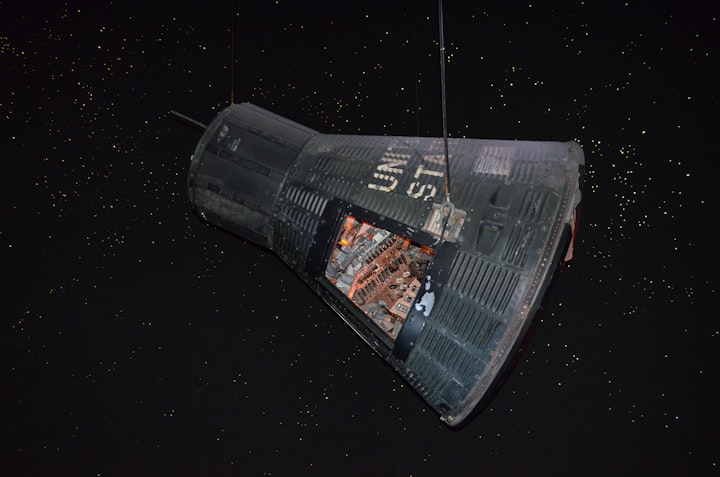
Life on a Spaceship: The Challenges and Possibilities
The idea of traveling through space has captivated the human imagination for centuries. From science fiction to scientific exploration, the concept of traveling beyond our planet has inspired countless stories, dreams, and aspirations. However, the reality of living on a spaceship for an extended period is much more challenging than we might imagine.
One of the primary challenges of living on a spaceship is the issue of isolation. In space, astronauts are cut off from the rest of the world, confined to a small, enclosed environment with a limited number of people. This isolation can lead to feelings of loneliness, anxiety, and depression, which can have significant effects on the mental health and wellbeing of the crew.
Another challenge of living on a spaceship is the need to maintain a closed ecological system. On Earth, we are surrounded by a complex network of ecosystems that support life, but in space, we must create our own ecosystem to sustain human life. This means that everything on the spaceship, from the air we breathe to the food we eat and the waste we produce, must be carefully managed and recycled.
To create a closed ecological system, spaceships are equipped with advanced life support systems that can recycle water, air, and waste. These systems use technology such as air scrubbers, water filters, and waste processors to create a self-sustaining environment that can support human life for extended periods.
In addition to these challenges, there are also exciting possibilities associated with living on a spaceship. For example, the lack of gravity in space can lead to unique medical and scientific discoveries. Without the pull of gravity, astronauts experience a range of physiological changes that can help us better understand the human body and its responses to extreme environments.
Another potential benefit of living on a spaceship is the opportunity for interstellar exploration. As we venture further into space, we will need to develop new technologies and methods for sustaining human life over long periods. The challenges of living on a spaceship could drive innovation in fields such as biotechnology, materials science, and renewable energy, which could have significant benefits for life on Earth.
Despite the challenges and possibilities of living on a spaceship, it is important to note that the technology and infrastructure required for extended space travel are still in their infancy. While we have made significant progress in developing life support systems and spacecraft, we are still a long way from creating a self-sustaining ecosystem that can support human life over many years.
Furthermore, the risks associated with extended space travel are significant. In addition to the mental health challenges of isolation, astronauts are also at risk of radiation exposure, bone loss, muscle atrophy, and other physiological effects. These risks must be carefully managed and mitigated to ensure the safety and wellbeing of the crew.
In conclusion, the idea of living on a spaceship is both exciting and daunting. While the challenges of isolation and creating a closed ecological system are significant, there are also exciting possibilities associated with interstellar exploration and the advancement of science and technology. As we continue to explore the possibilities of space travel, we must carefully consider the risks and challenges involved and work to develop the technology and infrastructure needed to support human life over long periods. With careful planning and innovation, it may be possible to create a self-sustaining ecosystem that can support life beyond our planet, opening up new frontiers of exploration and discovery for generations to come.
About the Creator
Michael
This writer brings characters and worlds to life with vivid descriptions and compelling narratives. They transport readers to different times and places, leaving them longing for more.






Comments
There are no comments for this story
Be the first to respond and start the conversation.